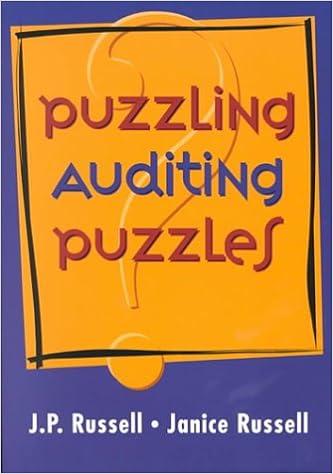
Question 2 (25 marks). Jett and Bick are two oil drillers in Texas operating in the same oil deposit. Pulling oil from the deposit requires them to use capital (machinery, storage, transportation). The quantity of oil that each unit of capital can pull from the deposit is determined by the joint total amount of capital in the deposit: q=50015K, where q is the amount of oil pulled out per unit of capital and K is the total amount of capital in the deposit. The price of each unit of capital is 100 dollars and oil can be sold at 25 dollars per unit. (a) Suppose that Jett and Bick have a good friendship and manage to operate as just one oil driller, maximising their joint profits. Compute the amount of oil that each of them drills and the profits each of them obtains if everything is split in half. (5 marks) (b) Eventually, Jett and Bick have a disagreement. Now, each of them decides on their own the amount of oil that they pull out (not as one joint producer). (b.1) How much oil do each of them produce? Obtain their individual profits. (5 marks) (b.2) The government wants that the total production be the same as in part (a). Should the government levy a tax (per unit of capital) or pay a subsidy (per unit of capital )? Explain briefly. Calculate the tax or subsidy on the price of capital required to achieve the level of output that you found in part (a). (10 marks) (c) Suppose that we are back in the situation without taxes or subsidies. This time, however, Jett installs first the capital, and, upon observing that, Bick makes his own decision. Obtain the amount of capital that each of them uses. (5 marks) Question 2 (25 marks). Jett and Bick are two oil drillers in Texas operating in the same oil deposit. Pulling oil from the deposit requires them to use capital (machinery, storage, transportation). The quantity of oil that each unit of capital can pull from the deposit is determined by the joint total amount of capital in the deposit: q=50015K, where q is the amount of oil pulled out per unit of capital and K is the total amount of capital in the deposit. The price of each unit of capital is 100 dollars and oil can be sold at 25 dollars per unit. (a) Suppose that Jett and Bick have a good friendship and manage to operate as just one oil driller, maximising their joint profits. Compute the amount of oil that each of them drills and the profits each of them obtains if everything is split in half. (5 marks) (b) Eventually, Jett and Bick have a disagreement. Now, each of them decides on their own the amount of oil that they pull out (not as one joint producer). (b.1) How much oil do each of them produce? Obtain their individual profits. (5 marks) (b.2) The government wants that the total production be the same as in part (a). Should the government levy a tax (per unit of capital) or pay a subsidy (per unit of capital )? Explain briefly. Calculate the tax or subsidy on the price of capital required to achieve the level of output that you found in part (a). (10 marks) (c) Suppose that we are back in the situation without taxes or subsidies. This time, however, Jett installs first the capital, and, upon observing that, Bick makes his own decision. Obtain the amount of capital that each of them uses







